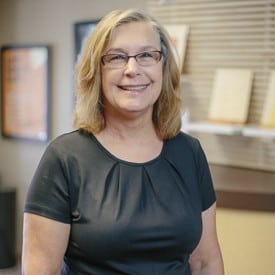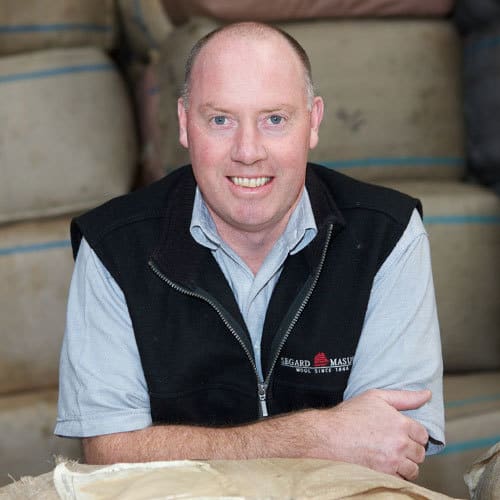- in Blog by David Wilkinson
- |
- 1 comments
How to use the Oxford Review briefings for CPD

The weekly research briefings, videos, podcasts and infographics are used as the basis for many people’s CPD.
I recently conducted a survey of our members to see how they are using the weekly research briefings, video research briefings, infographics, special reports and podcasts from the Oxford Review. What we found was really interesting as members are using the research briefings for a wide variety of activities. Over the next couple of weeks I will run through how members use The Oxford Review
- Research Briefings as CPD
- The definition of ‘professional’
- Continued Professional Development or CPD
- The difference between being experienced and expertise
- The central role of challenge and evidence
A while ago I wrote a piece that became one of our most popular articles. The post about being a professional is entitled ‘Stop calling yourself a professional. Most likely you aren’t, and as for being educated…‘. The basic premise behind the article was to challenge a popular view that being a professional equates with formality, being on time, well dressed etc.
The definition of ‘professional’
Actually the definition of a professional or the idea of a profession is someone who takes responsibility for their own development and learning. This means that they are up-to-date with the latest thinking and research in their area of expertise and that they keep up-to-date on a continual basis under their own motivation.
Continued Professional Development or CPD
It should therefore be little surprise that we found that the first and most popular way our members use the weekly research briefings is for CPD or Continued Professional Development. CPD refers to the learning activities that professionals engage in to develop and enhance their capability. This includes:
- Skills development
- Knowledge development
- Thinking and cognitive development
- Development in values, beliefs and emotional reactions
The idea behind CPD is that it is learning focused, conscious and proactive, rather than passive and reactive.
They are the best way of keeping right up-to-date with the latest research and thinking

Free Research Briefs
Get research briefings, infographics, video research briefings and more
The difference between being experienced and expertise
There is a difference between experience and expertise that matters in terms of being a professional.
Experience
Experience refers to the exposure to a range of similar situations so that the experienced person can discern the patterns and structures of those situations. Experienced people then draw on their personal analysis of their store of experience to interpret current situations and find solutions based on their experience. In effect they make decisions by comparing the current situation to the store of their personal past experiences. However, if the situation is new or differs in significant detail, the experienced person may not notice the differences, misdiagnose the situation or have, due to the distinctive and peculiar nature of their experience, a biased view and analysis of the situation.
Expertise
An expert on the other hand is someone who has added capacity for reflective evaluation. In other words, the expert both has experience and the ability to judge the level of objectivity of their knowledge. The expert draws on extensive external and structured evidence from research and not just from their experience. Additionally, the expert is continually updating their knowledge about the topic from external sources and thinking about the connections and mean of these sources of new information. In effect, the expert is a student of the situation who is continually updating their knowledge from external sources and who is questioning and challenging their own interpretation and beliefs of the situation at hand.
This matters as the idea behind a professional is more closely associated to expertise than just experience.
…almost all of them are about practical issues and not a bunch of theory

The central role of challenge and evidence
Experts or professional value challenge. They learn an grow as a result of finding evidence that makes them think and change their practice. CPD is essentially about change. Seeing thing things from a new perspective based on new evidence. It is important to note here that professionalism and CPD is essentially an evidence-based approach that capitalises and builds on the experience of the professional. If new evidence arises that challenges their existing thinking and practice a professional will consider this as a call to change, rather than being defensive and refusing to learn and develop.
…really makes us think about what we are doing

So, from people actually quoting The Oxford Review as a direct CPD input within their PDP, members using it to develop their own skills and thinking through to people using our research briefings to help develop their consultancy practice and team, The Oxford Review has become a central and valued part of many peoples continued professional development. It was clear from the survey that members are finding an enormous value by seeing our research briefings core part of their Continued Professional Development.
Next: The direct development of staff
Be impressively well informed

Get the very latest research intelligence briefings, video research briefings, infographics and more sent direct to you as they are published
Be the most impressively well-informed and up-to-date person around...


3barrage